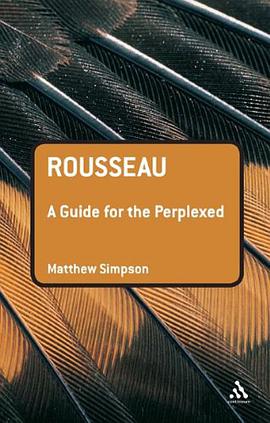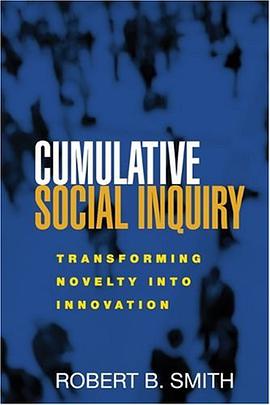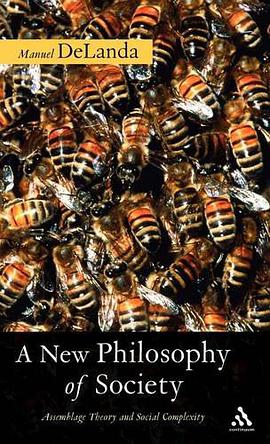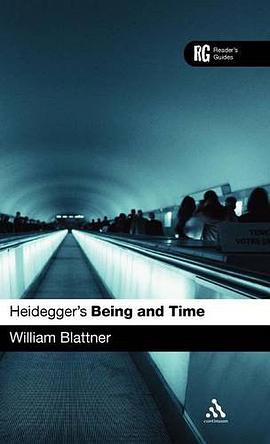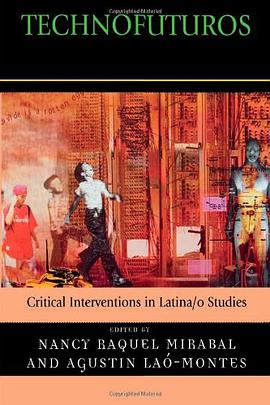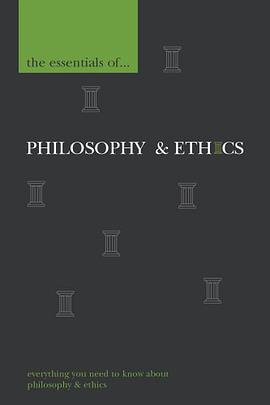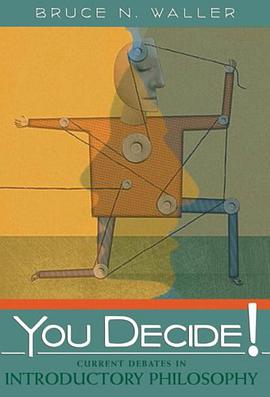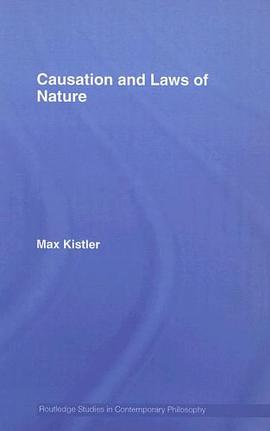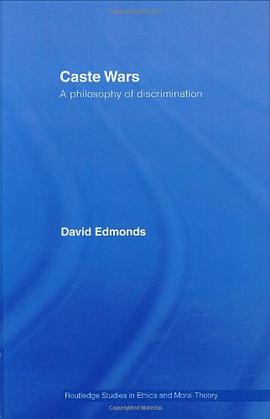

Seventeenth-century Europe witnessed intense and widespread political and sectarian strife. In England, these conflicts led to the Civil War, the execution of Charles I, the restoration of Charles II, and the Glorious Revolution. Just before and during the English Civil War of the 1640s, Thomas Hobbes wrote in defence of the monarchy in the face of attacks by Parliament - his aim being to eliminate the root causes of civil war and internal strife, whether politically or religiously motivated. This book examines Hobbes's arguments for how best to achieve this aim, taking fully into account the political, philosophical, and religious context of Hobbes's time. Eric Brandon contends, controversially, that Hobbes's arguments in Leviathan are founded upon both philosophical materialism and the religious ideas of the Radical Reformation. Brandon's position represents an original challenge to the two prevailing views, which are that Hobbes is either an atheistic materialist using religious language to hide his atheism, or that he sincerely held orthodox religious views despite his materialism. Brandon argues instead that Hobbes should be seen as synthesizing materialism and the Radical Reformation to produce a new political philosophy. The book shows for the first time how the secular Parts I and II of Leviathan fit together with the more religious Parts III and IV to form a coherent whole.
具體描述
讀後感
評分
評分
評分
評分
用戶評價
相關圖書
本站所有內容均為互聯網搜索引擎提供的公開搜索信息,本站不存儲任何數據與內容,任何內容與數據均與本站無關,如有需要請聯繫相關搜索引擎包括但不限於百度,google,bing,sogou 等
© 2025 qciss.net All Rights Reserved. 小哈圖書下載中心 版权所有


